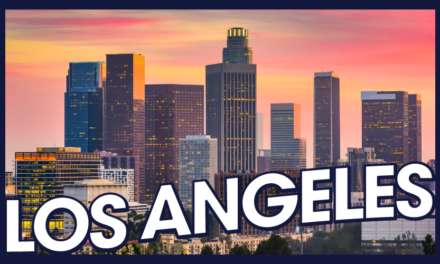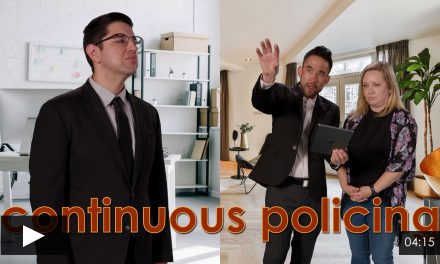As California segues into Stage 3 of its coronavirus (COVID-19) recovery plan and facets of the real estate industry return to a more typical — albeit altered — state, the effects of the 2020 recession are ongoing. Thus, the question remains: When will we start to recover?
Unfortunately, that’s a tough question to answer, since so many factors influence California’s housing market — rendering an accurate prediction of the market’s future difficult at best.
However, our readers have a clear sense of when they expect that recovery to begin. According to a recent poll, 45% of respondents expect the economic recovery to start in 2022 or later.
In contrast, an optimistic 30% expect the housing market to bounce back at the end of 2020, while the remaining 25% tie economic recovery to the development of a COVID-19 vaccine, estimated to arrive in mid-2021 at the earliest.
While the number of variables involved makes a hard-to-predict situation even more complicated, it’s not impossible. first tuesday’s forecast: a drawn-out, uneven recovery — but with an end in sight.
Falling down and bouncing back
It’s clear that economic recovery will be tied to the development and mass production of a COVID-19 vaccine. As recent reopening efforts arrive with early signs of a second spike in COVID-19 cases, the likelihood of simply waiting out the problem as an effective long-term solution grows slimmer by the day.
Businesses like real estate that depend on person-to-person interaction will only return to a pre-COVID-19 operating capacity once state and local governments fully walk back lockdown orders. In addition, consumers need to feel confident enough in their safety and their personal job security to engage in these businesses — hence the importance of an effective vaccine.
Yet even with a vaccine, an end to the pandemic will not simply cause everything to return to normal.
The recession has its roots in factors unrelated to the pandemic. While the shelter-in-place orders resulting from the spread of the disease exacerbated the effects of the economic downturn, the recession was long in coming. Sales volume was already in decline pre-pandemic, stemming from issues such as falling home inventory and insufficient residential construction.
Further, recovery from an economic recession takes time. California had barely recovered from job losses caused by the 2008 recession when 2020 hit, and considering the impact on employment the current recession has already had, the road to full recovery will take years. As during the recovery from the 2008 recession, government intervention will be key in ensuring individuals and businesses don’t fail at catastrophic levels during the coming months.
The 2008 recession isn’t a model for the current predicament in every respect — even as sales volume and inventory trend down, home prices aren’t likely to take the same hit, as buyer purchasing power is bolstered by historically low interest rates.
All in all, it’s likely a vaccine won’t spark immediate economic revival. Buyers and sellers — not to mention brokers and agents impacted by the recession — will need time to get back on their feet.
Make no mistake, a vaccine is paramount to the full reopening of the economy, and to the recovery of the California real estate industry. But complete recovery will take time, patience, and government action.
Related article:














